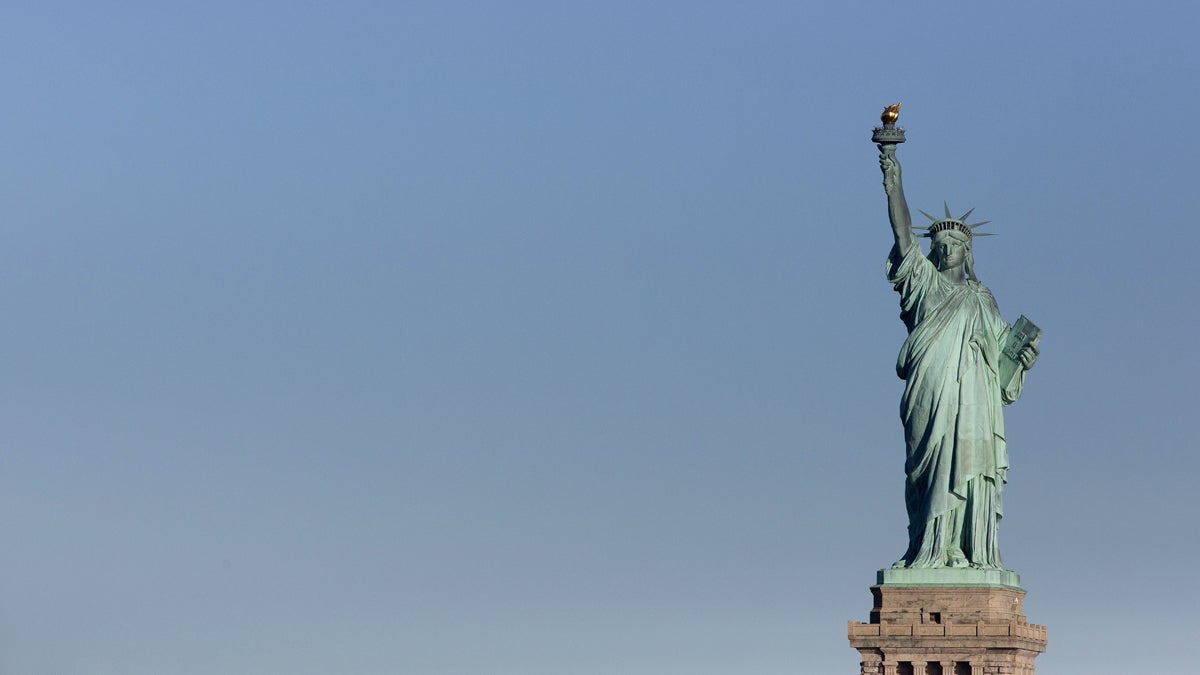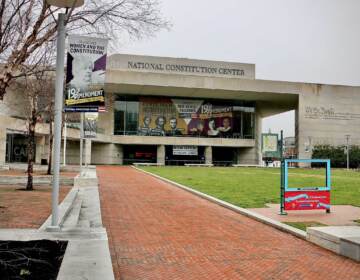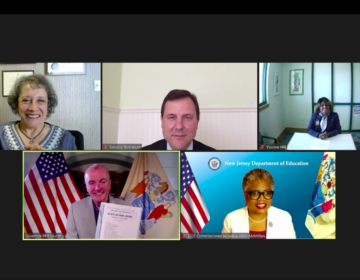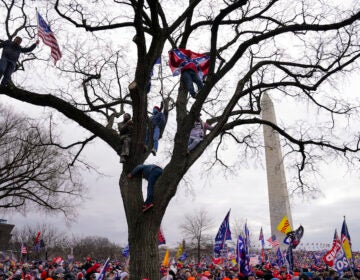Myth of civics education as leftist indoctrination undermines our democracy

The Statue of Liberty overlooks New York Harbor
A number of recent statements and actions — by the Trump administration and beyond — point towards the undermining of our civic ideals: from the vilification of the press to statements questioning the concept of “global citizenship.”
As a citizen, researcher, and educator, I am worried for our civic health.
Civics is both simply and essentially about the rights and responsibilities of citizenship. The way we get to that vision may be different and fraught with sometimes conflicting ideas. However, it is that very tension between our ideas, our perspectives, and our approaches that yields a rich social, economic, and political life and innovations to our most vexing problems.
Such tension, educator Parker Palmer affirms, is the glue by which a democracy is held.
Myth of progressive-only civic engagement
Among the most disturbing recent developments with the power to undermine that tension came last month, in a report from the National Association of Scholars entitled “Making Citizens: How American Universities Teach Civics.” The report shines a bright and scathing light on civic engagement activities in higher education. In a press release, NAS President Peter Wood points directly to an enemy, and it appears to be the very diversity and civic-mindedness upon which this nation was founded. He chides:
“The devil is in the details. Now ‘civic learning’ doesn’t mean what you would expect — straightforward things such as understanding the Bill of Rights, the three branches of government, and the Electoral College. Instead, this New Civics is all about ‘diversity,’ environmentalism, the LGBT movement, ‘global’ citizenship, and other liberal causes.”
The authors paint a sinister picture of elitist, liberal brainwashers recruiting students for radical ideas. The authors go so far as to make a blanket affirmation that American higher education has repurposed civic education into a recruitment tool for the extreme left, and takes a deep-dive into four institutions which are politically and geographically clustered in areas that are traditionally more liberal.
Individual action and personal responsibility
An opportunity is truly missed here. Civic engagement, by most standards, is about asking difficult questions and doing the hard work to seek common ground for better communities. Service-learning and civic engagement as a field is constantly grappling with questions around power, voice, dysfunctional rescuing, and space for differing opinions inclusive of the criticisms included in this report. These are all legitimate questions. Unfortunately, this report never gets to that sort of deep thinking, but rather focuses on denigrating all efforts for civic engagement in higher education through poor, incomplete research.
Civic engagement is a non-partisan concept that assumes the individual investment of all Americans to better ourselves and our world. In undermining it, we set in motion a dangerous idea that leads to even more dangerous inaction.
Civic engagement — which includes more broadly the idea of “service” — has been an American tradition and central to our purpose since the founding of this nation. Whether it is service to your country in a military capacity, the organizing of your community around food security challenges, or mobilizing to preserve open space through late evenings of committee work, civic engagement is the vehicle by which we make our world better through individual action and personal responsibility.
Since when is civic dialogue ‘radical’?
By labeling higher education’s use of civic engagement one-sided, this report does a disservice to the work of Jesuit universities dedicated to their religious ideals which are lived through service and commitment to justice. It puts into question the Service Year Challenge, an initiative that is headed by General Stanley McChrystal, which provides a year-long opportunity during college to hone professional and civic skills through internships, service-learning, and academic learning. It labels civic dialogue and the commitment to organizing for more fair treatment of our neighbors as “radical.”
In a democratic society, civic dialogue and civic engagement exist to illuminate tensions and negotiate a path forward to a shared vision of a better tomorrow. We will all have different ways of getting there. The assumption is that each of us holds the capacity for good works, informed voting, and personal responsibility — even if we disagree about the specifics. Tension in those competing ideas about how to get there is what sustains the momentum and motivation to keep talking, dreaming, and innovating. It is the tension created by those different perspectives that allows a democracy to thrive.
Palmer wisely reminds us, “If the end of tension is what you want, fascism is the thing for you.”
Sarah Stanlick is the Director of the Center for Community Engagement and a faculty member in the department of Sociology and Anthropology at Lehigh University. As part of her role, she oversees the university’s Global Citizenship Program, a certificate program that “prepares students for engaged living in a culturally diverse and rapidly changing world”.
WHYY is your source for fact-based, in-depth journalism and information. As a nonprofit organization, we rely on financial support from readers like you. Please give today.




